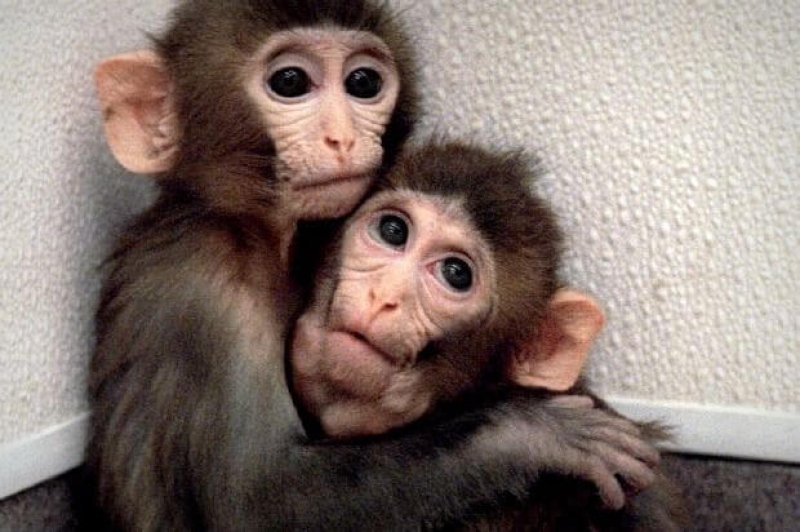Researchers in China reported on [January 24] that they have created two cloned monkeys, the first time that primates have been cloned with the technique that produced Dolly the sheep more than 20 years ago.
The long-tailed macaques, named Zhong Zhong and Hua Hua, were made from fetal cells grown in a petri dish….
Since Dolly was born, researchers have cloned 23 mammal species, including cattle, cats, deer, dogs, horses, mules, oxen, rabbits and rats.
The new monkey clones stand out, though. “It’s the first primate ever to be cloned,” said Dr. Leonard Zon, director of the stem cell program at Boston Children’s Hospital. “We are closer to humans than we’ve ever been before.”
…
The scientists tried cloning adult cells, but those attempts failed. The older a starting cell, the more difficult it is to clone and the more likely the resulting embryo or fetus will be miscarried in a surrogate female.
If scientists wanted to create a monkey identical to an adult, or even an adolescent, this method so far would not succeed. And the technique used by the Chinese scientists is still a long way from producing human babies, even if that were ethically permissible.
“It is unlikely it can be applied to humans,” [said Dr. Shoukhrat Mitalipov at Oregon Health and Science University.]
Read full, original post: Yes, They’ve Cloned Monkeys in China. That Doesn’t Mean You’re Next.































